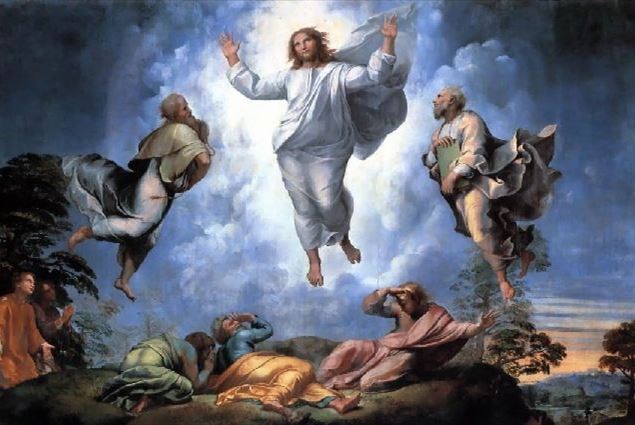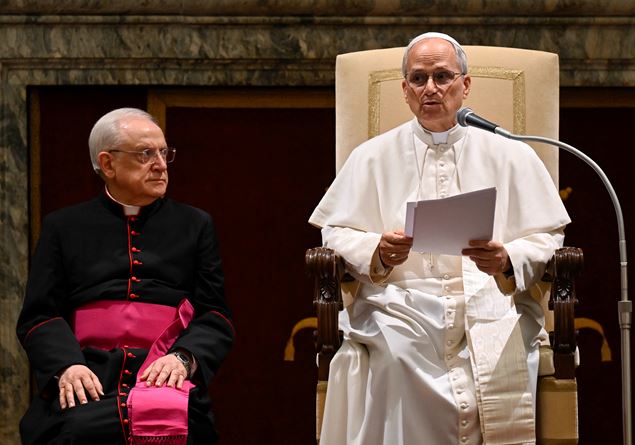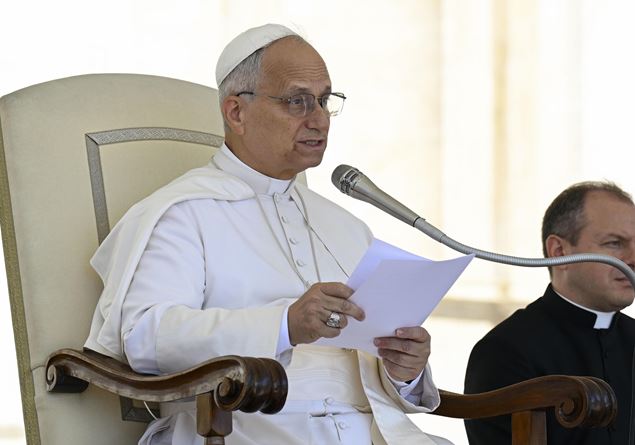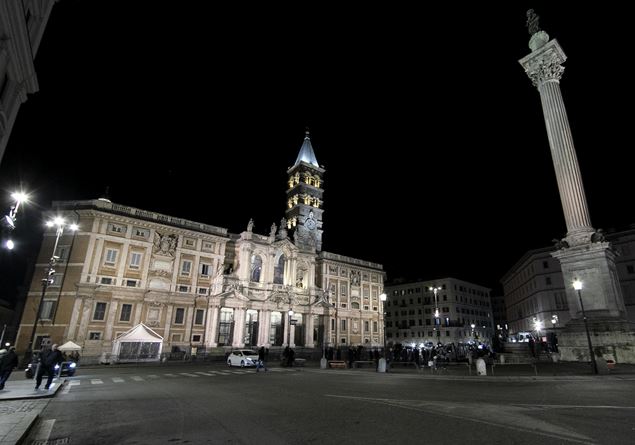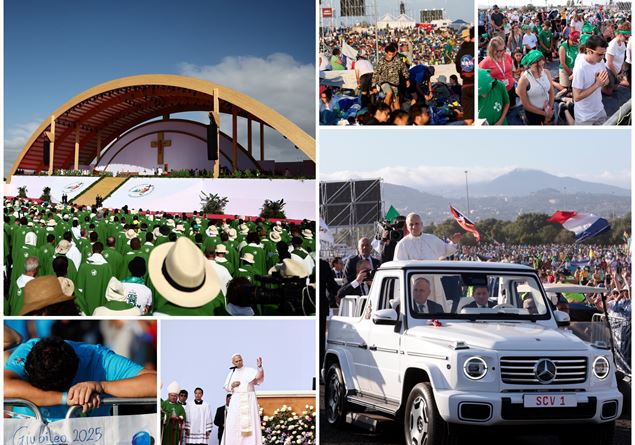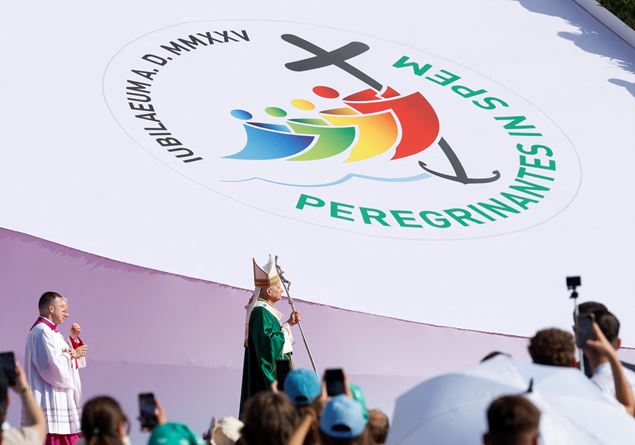“Give the word to the poor.” It is not a speech of circumstance what Pope Prevost does to the members of the Centesimus annus pro pontifice Foundation. “In the context of the ongoing digital revolution, the mandate to educate to the critical sense must be rediscovered, explicit and cultivated, contrasting opposite temptations, which can also cross the ecclesial body”says immediately remembering the importance of the social doctrine of the Church.
«Let’s help each other, as I urged the evening of my election, “To build bridges, with dialogue, with the encounter, all joining us to be only one people always at peace”, “reiterates. “This is not improvised: It is a dynamic and continuous intertwining of grace and freedom that even now, meeting us, we strengthen. Already Pope Leo XIII – who lived in a historical period of epochals and disruptive transformations – had aimed to contribute to peace by stimulating social dialogue, between capital and work, between technologies and human intelligence, between different political cultures, among the nations. Pope Francis used the term “polychrisi” to evoke the drama of the historical situation that we are experiencing, in which wars, climate changes, growing inequalities, forced and contrasted migrations converge, stigmatized poverty, disruptive technological innovations, precariousness of work and rights. On issues of such importance, the social doctrine of the Church is called to provide interpretative keys that pose in dialogue science and consciousness, thus giving a fundamental contribution to knowledge, hope and peace “.
It chains that there is no contrast between doctrine and dialogue. “The word” dialogue “and the word” doctrine “sound opposed and incompatible. Perhaps when we hear the word “doctrine” we think of the classic definition: a set of ideas of a religion. And with this definition we feel little free to reflect, to question or look for new alternatives. It is urgent, then, the task of showing through The social doctrine of the Church that there is a meaning other, and promising, of the expression “doctrine”, without which the dialogue empties. His synonyms can be “science”, “discipline”, or “knowing”. Thus understood, every doctrine recognizes itself the result of research and therefore of hypotheses, of voices, of advancements and failures, through which it tries to transmit reliable, orderly and systematic knowledge on a given question. In this way a doctrine does not equate to an opinion, but to a common path, choral and even multidisciplinary towards the truth ». So, denounces, «The indoctrination is immoral, prevents critical judgmentattentive to the sacred freedom of respect for one’s conscience – even if erroneous – and closes to new reflections because it refuses the movement, change or evolution of ideas in the face of new problems. On the contrary, the doctrine as a serious, serene and rigorous reflection, intends to teach us, first of all, to know how to bring us closer to situations and even before people ».
Again, he underlined, “There is little dialogue around us, and the shouting words prevail, not rarely the fake news and the irrational theses of a few overbearing. Therefore, the study and study are therefore fundamental, and equally the encounter and listening to the poor, treasure of the Church and humanity, bearers of discarded points of view, but indispensable to see the world with the eyes of God “. And again, insists, it is not just about teaching: “Those born and grow away from the centers of power”, underlines, “should not be simply instructed in the social doctrine of the Church, but recognized as its continuator and actuator: the witnesses of social commitment, the popular movements and the various Catholic organizations of workers are an expression of the existential suburbs in which it resists and always sprouts hope”. And therefore, he adds: «I recommend you to give the word to the poor. I therefore invite you to actively and creatively participate in this exercise of discernment, helping to develop the social doctrine of the Church together with the people of God, in this historical period of great social revolutions, listening and dialoguing with everyone “.
Finally, he concludes, “there is today a widespread need for justice, a demand for paternity and maternity, A profound desire for spirituality, especially by young people and marginalized, who do not always find effective channels to express themselves. There is a growing question of social doctrine of the Church to which we must answer “.



